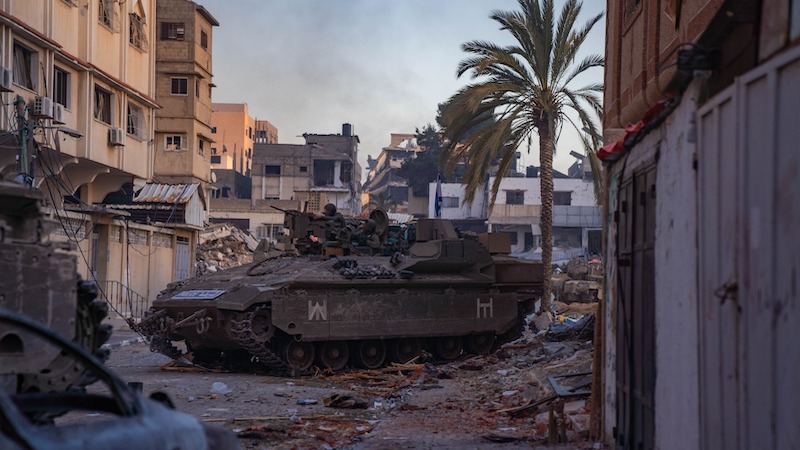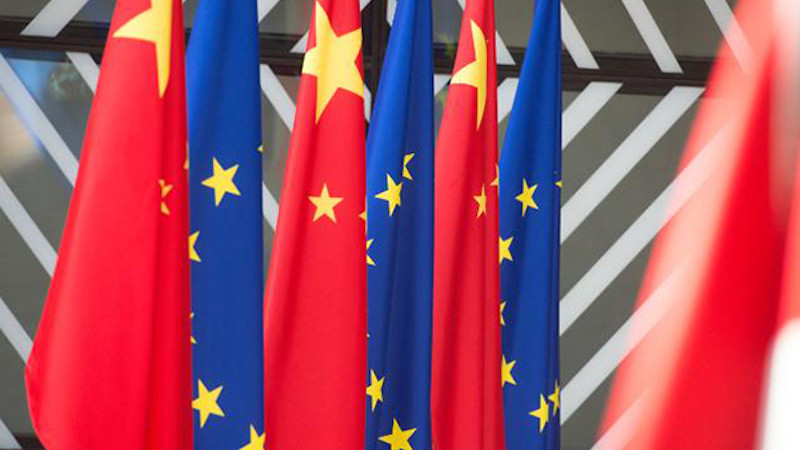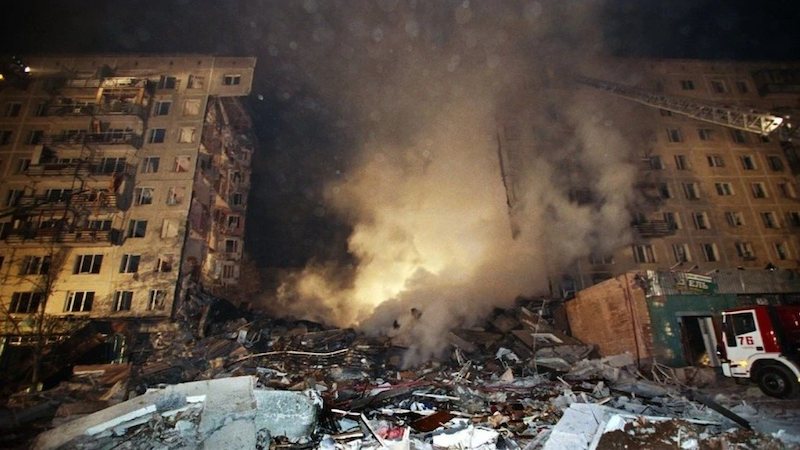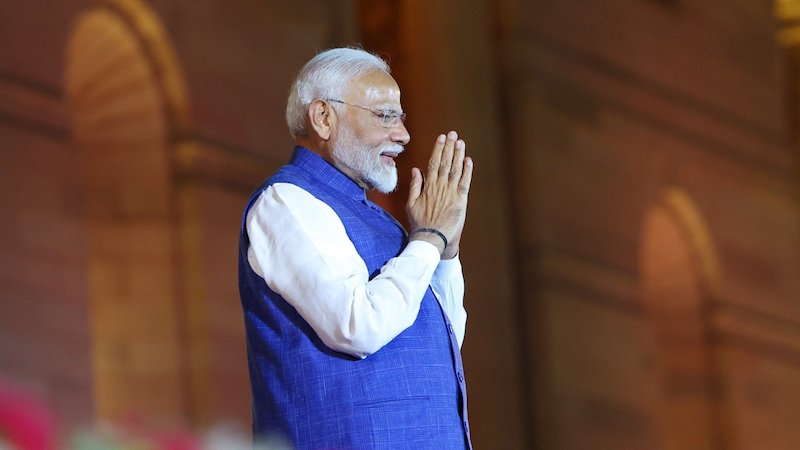

Israeli military triumphs and exploits often produce battlefield victories that fail to garner political gains.
The Gaza war has changed that paradigm.
It has produced neither a military nor a political victory.
Adding fuel to the fire, Israel has abandoned the notion that soft power is as important as hard power in the vein of scholar Joseph Nye, who recently cautioned that “ignoring or neglecting soft power is a strategic and analytic mistake.”
Mr. Nye noted that “in the short run, swords are mightier than words, but in the long run, words guide swords.”
It’s advice Israel has failed to heed. As a result, Israel is losing two wars in Gaza, the war itself and the battle for hearts and minds.
All Hamas needs to do to declare victory is to survive.
Israel has enshrined on an altar that notion, valid for most non-state actors battling conventional military forces, by insisting it will destroy Hamas militarily and politically.
Israel’s problem is that Hamas is likely to survive even if it were to kill Hamas’ Gaza leader, Yahya Sinwar. Israel’s most wanted man, Mr. Sinwar, has eluded Israeli forces since the war erupted last October.
Israel has also failed to achieve its other war goals – the rescue of Hamas-held hostages and ensuring Gaza does not remain a launching pad for Palestinian resistance.
This weekend, Palestinians killed ten Israeli soldiers, the highest toll in one day since January, while Israel Defence Forces (IDF) spokesman Daniel Hagari conceded that Israeli would not be able to militarily rescue all the remaining 116 hostages, 41 of which are believed to have been killed in captivity during the war.
“We will not be able to return everyone home in this way,” Mr. Hagari said.
In the battle for hearts and minds, Israel wasted no time in destroying initial empathy in response to the brutality of Hamas’ October 7 attack that killed more than 1,100 primarily civilian Israelis and foreigners and led to the kidnapping of 250 others.
The vast majority of more than 100 hostages who have regained their freedom since October 7 were released in November in a prisoner exchange with Hamas. Israel’s military has rescued only seven.
Israel’s self-inflicted defeat in the war for hearts and minds may be more consequential than its inability to crush Hamas on the battlefield despite severe body blows inflicted on the group.
Within a matter of months, Israel went from being able to claim a moral high ground to a country indicted in the International Court of Justice (ICJ) on charges of genocide and whose leaders risk the International Criminal Court issuing arrest warrants for alleged war crimes.
Winning the war for hearts and minds would have been an uphill battle no matter what, given the tens of thousands of Palestinians killed and wounded;by Israeli forces and the physical devastation of Gaza’s infrastructure, not to mention stepped-up Israeli repression on the West Bank;and tacit endorsement of vigilante settler attacks;on Palestinians and aid convoys en route to Gaza.
Israel seems bent on ensuring it ends the war as a pariah in much of the world by hindering the unfettered flow of humanitarian relief;needed to address the consequences of its curtailing of food, fuel, water, and electricity and destruction of Gaza’s health sector.
Adding fuel to the fire, Israel has shown no empathy for the plight of innocent Palestinians;and no acknowledgment that Palestinians have rights, too. Instead, Israeli leaders have repeatedly made genocidal statements and obstructed efforts to achieve a ceasefire.
To be sure, Hamas has displayed similar insensitivity but that has no impact on Israel’s global standing.
Israeli denunciation of mass anti-war protests across the globe as anti-Semitic and dismissal of public opinion polls that show Western public opinion turning against Israel has only deepened the hole Israel finds itself in.
It’s a hole that Israel will find difficult to extricate itself from.
Worse, Israel’s Gaza war conduct and antithetical public relations posture, like its West Bank settlement and other policies, have hardened positions on both sides of the divide, making a resolution of the Israeli-Palestinian conflict ever more elusive.
It risks giving currency to Hamas’ notion that a long-term ceasefire in Gaza, and more broadly between Palestinians and Israelis, may be the only thing that is achievable.
Israel’s self-dug grave will likely reinforce Hamas’ contention that a two-state resolution of the Israeli-Palestinian conflict should entail a long-term ‘hudna’ or armistice rather than Palestinian recognition of the Jewish state.
Israel asserts that Hamas’ notion of a long-term ‘hudna’ or armistice rather than Palestinian recognition of the Jewish state in the context of two states demonstrates the group’s determination to destroy Israel and maintain the right to armed resistance.
Unlike the Palestine Liberation Organisation’s (PLO) recognition of Israel in the 1980s as the prelude to the creation of a Palestinian state alongside Israel, Hamas’ 2017 amended Charter envisions two states living side-by-side without recognising one another and, presumably, without maintaining full diplomatic relations.
Rejecting any Israeli rights and all United Nations resolutions and other international agreements that recognize equal national rights for Israelis and Palestinians, the Charter stipulates that “there shall be no recognition of the legitimacy of the Zionist entity… Without relinquishing any Palestinian rights, Hamas considers the establishment of a fully sovereign and independent Palestinian state, with Jerusalem as its capital, along the lines of the 4th of June 1967…to be a formula of national consensus… ;Resistance and jihad for the liberation of Palestine will remain a legitimate right, a duty, and an honour for all the sons and daughters of our people and our Ummah,” the global Muslim community of the faithful.
Some Hamas officials have since sought to walk back their insistence on the right to wage armed struggle.
Ceasefire negotiator Khalil al-Hayya suggested in April that Hamas would agree to a truce of five years or more, lay down its weapons, and convert into a political party;if an independent Palestinian state is established along pre-1967 borders.
With support among Palestinians for a two-state resolution of the Israeli-Palestinian conflict dropping dramatically, according to a recent public opinion survey, Hamas’ position is likely to gain increased currency among Palestinians, even if Israel rejects it out of hand.
This month’s survey by the Palestinian Center for Policy and Survey Research showed that support in Gaza for two states had almost halved from 62 per cent in March to 32 per cent in June while remaining constant at one-third of the West Bank population.
Azzam Tamimi, a 69-year-old scholar and journalist with close ties to Hamas, suggested that a long-term hudna rather than a peace agreement “is the only way you can have disengagement; you can have a real ceasefire.”
Mr. Tamimi argued that Hamas’ notion “is a de facto recognition of the status quo, but it’s not a de jure recognition.”
Insisting that he would “never, ever accept the legitimacy of the occupation of my mother’s house in Beersheba,” Mr. Tamimi said he “would accept, and, I believe, most Palestinians represented by Hamas would accept, the idea that this conflict is not delivering what either side is expecting, and therefore it’s not a bad idea to disengage to stop fighting…for ten years, 15 years, or 30 years… During that period, people can have a respite. Then there will be a new generation emerging and let future generations decide what they want to do about this conflict.”
Hamas and Mr. Tamim’s notion may strike a chord with Palestinians but is certain not to nudge Israel closer to the negotiating table.
Leaving aside Israel’s goal of destroying Hamas and the Netanyahu government’s rejection of a two-state solution, Israel for decades insisted that any Palestinian counterpart would have to recognize the Jewish state de jure and abandon armed struggle.
It also demanded the Palestinians agree to prioritisation of Israeli security concerns even if Palestinians have equally legitimate worries.
To be sure, two states in historic Palestine irrespective of whether they have de jure or de facto relations, would likely resemble India and Pakistan, nations carved out of one another in 1947, that remain at loggerheads 77 years later.
Even so, many in the West echo Italian Prime Minister Giorgia Meloni’s belief that “Israel has fallen into a trap, a Hamas trap;that had the aim of isolating it.” Ms. Meloni added at this weekend’s Group of Seven summit that “it seems to be working.”
Expanding on Ms. Meloni’s belief, former Israeli peace negotiator Daniel Levy argued that “by using its force in this indiscriminate way, from day one saying it would cut…all food, fuel, water, and electricity from the civilian population in Gaza, this is a huge self-inflicted defeat for Israel. Reputational, moral, legal, economic… This is going to shift the power balance…Hamas is going to come out of this stronger… Israel is going to come out of this weaker… and this is of Israel’s own making.”





